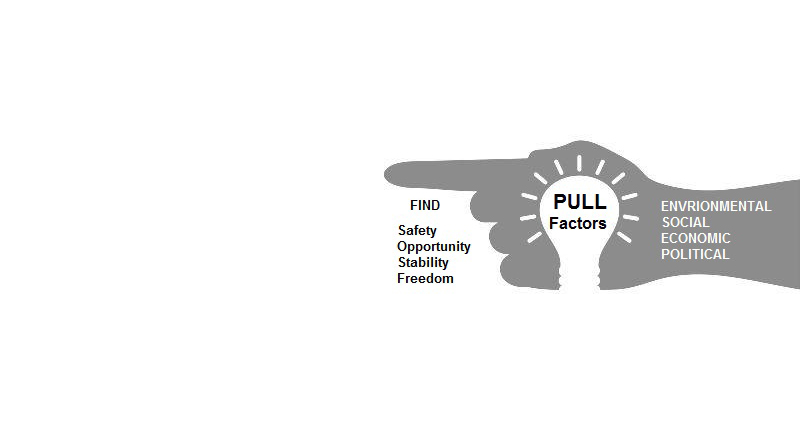by Prof. Ali Massoud*

is the Head of the Economic department, Sohag University
The magnitude of foreign direct investment (FDI) flows into developing countries depends mainly on what is called the “pull factors”. The main pull factors are domestic economic growth, rate of return, exchange rate stability, tax incentives, labour cost, industrial & trade policies, and natural resources management strategies. In this article I introduce two different strategies in dealing with FDI flows into developing countries. The first strategy I call it the Fishing Strategy in which the governments of a developing country does its best in order to convince foreign investors to invest in it by giving them some tax incentives and some advantages in the natural resource sector. The government concentrates only on fishing FDI without having a clear strategy of how to help foreign investors to run successful businesses. Foreign investors in this case prefer to invest in natural resource sector where the government gets in a partnership relationship with them in order to grant foreign exchange & financial resources to meet its needs and to finance its budget. This strategy never leads to technological transfer or sustainable economic growth. I argue this strategy ends up by hurting the prospect of economic development. The second strategy I call it the Accommodation Strategy in which the government concentrates on accommodating FDI and having a clear strategy of how to help foreign investors to run successful businesses. This strategy usually is accompanied with reforming investments procedures & laws; easing of constructions permits; protecting property rights; liberalizing capital and trade accounts; easing procedures of dealing with insolvency cases; reforming labour market and education system; providing access to all types of information needed; and stabilizing the domestic economy. In this case, foreign investors will invest in all production and services provision sectors. The foreign investors feel that they are very well accommodated in the country. Thus, they transfer technology and managerial skills & practices in order to keep themselves competitive over the long run. I argue that if a developing country wants to make the best use of the FDI, it must accommodate not fishing the foreign investors.
*The writer is the Head of the Economics Department, Sohag University


